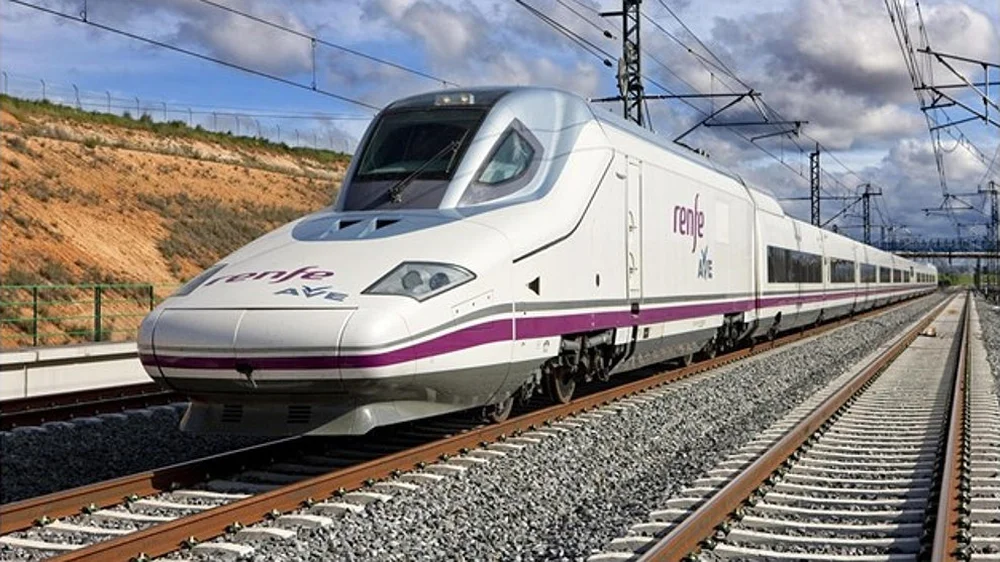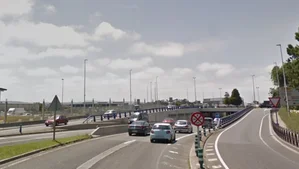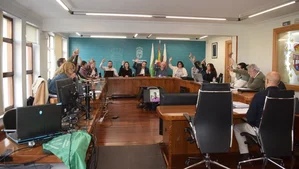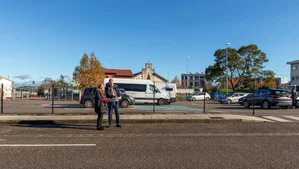Renfe and Adif Workers Announce Seven-Day Strike Over Rodalies Transfer

In a significant development that could disrupt travel plans for many, especially during the busy Easter season, workers at Renfe and Adif, Spain's major railway operators, have announced a seven-day strike. The strike, scheduled for March 17, 19, 24, 26, and 28, as well as April 1 and 3, is a response to the government's decision to transfer the commuter rail services known as Rodalies to the Catalan government.
Reasons Behind the Strike
The primary grievance of the unions, including the Comités Generales de Empresa (CGE), is the government's failure to uphold previous agreements regarding the transfer of Rodalies services. These agreements, made at the end of 2023, were intended to preserve job security and operational control within Renfe and Adif. However, the recent announcement that the R1 line would be removed from the General Railway Network has sparked widespread concern among railway workers.
Union representatives have expressed their frustration, stating that they are being informed about these changes through the press without any opportunity for participation or negotiation. This lack of communication and consultation has led to fears about potential job losses for thousands of railway employees.
Impact on Services
The strike is expected to cause significant disruptions to train services across Spain. Many services may be canceled or delayed, affecting both local commuters in Catalonia and travelers using broader services throughout the country. Renfe has already activated reserve staff, reinforced operations management, and expanded information staff to mitigate the impact, but the disruptions are likely to be substantial.
Additional Concerns
Beyond the transfer of Rodalies, the unions are also concerned about the privatization of Renfe Mercancías (Renfe Freight Services). They argue that these changes could lead to duplicated costs and inefficiencies, increasing expenses for citizens and potentially diminishing the economies of scale necessary for effective railway operations.
The creation of a new mixed company to manage operations, with joint management between Catalan and national authorities, has further complicated the situation. Workers fear losing their employment rights if they are transferred to this new entity, contrary to the initial agreements aimed at safeguarding jobs and operational integrity.
Broader Implications
The strike comes at a critical time, just before the Easter holiday, a period when train services are typically in high demand. Travelers should be prepared for significant disruptions and consider alternative transportation options.
The ongoing dispute also raises questions about the future of public transportation in Spain. The unions' pushback against privatization efforts and their demand for accountability could shape the landscape of rail services for years to come. The government's response to these concerns will be crucial in resolving the tensions and ensuring the stability and continuity of railway services.
Immediate Effects in Barcelona
The strike coincides with other mobility issues in Barcelona, including the start of the Mobile World Congress and ongoing works on the city's railway network. The R2 Sur, R4, R13, R14, R15, R16, and R17 lines have already experienced delays and cancellations, and alternative bus services have been established to cover affected journeys.
In conclusion, the upcoming strike by Renfe and Adif workers is a significant event that will impact many travelers and commuters in Spain. As the situation unfolds, staying informed and prepared will be essential for navigating the disruptions during this critical period.
Related Stories

Calls for Compliance on Disuasive Parking in Santander
Santander residents urge city council to implement promised disuasive parking to cut vehicle use and boost public transport.

New Parking Facility in the Heart of Santander: A Boost for Local Residents and Visitors
Santander launches a new 52-space parking facility in Calle Aurelio Díez Renedo, aiming to ease parking woes and boost local economy and tourism.

Spain's Public Transport Success: The Power of Affordable Fares
Spain's public transport sees a surge in usage thanks to affordable fares, setting a global example for boosting ridership and sustainability.

Requejada to Install Electric Vehicle Charging Point
Requejada announces a new electric vehicle charging point, marking a significant step towards sustainable transportation in Cantabria, Spain.

Tragic Road Accidents in Spain: Understanding the Risks and Causes
Exploring the dangers on Spain's roads: A study reveals the most hazardous motorways and the common causes behind accidents, urging expats and locals to stay vigilant.